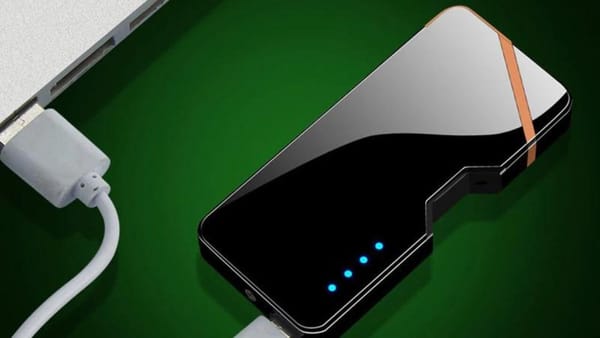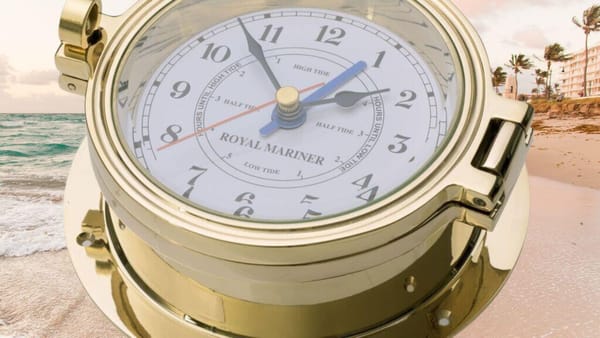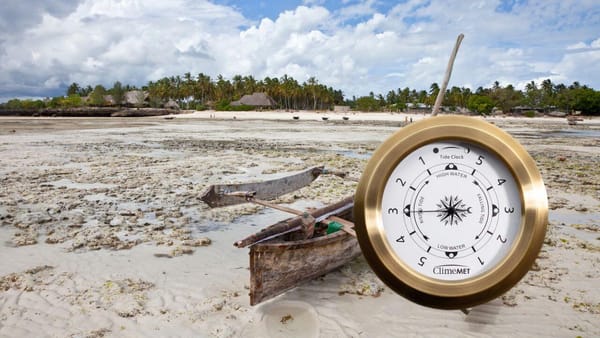Fishing is not just a simple hobby. It's an art that requires skill and technique. One of the most important pieces of equipment in fishing is the fishing reel, which comes in various types, shapes, and sizes. Two of the most popular types of reels are baitcasting and spinning reels. Each comes with its own set of advantages and disadvantages, and choosing between the two can be overwhelming. In this blog post, we discuss the pros and cons of each type so that you can make an informed choice and know which type of reel suits your angling style best.
Baitcasting Reels
Baitcasting reels are famous among experienced anglers. They are designed for heavy lines and lures and are commonly used for catching larger fish. One of the biggest advantages of baitcasting reels is that they give an angler more control over the accuracy of their casts. These reels allow you to place a lure exactly where you want it, which is helpful when fishing for specific species or in areas with a lot of obstructions. Baitcasting reels are also known for their power, allowing you to catch large and heavy fish with ease.
Despite their advantages, there are also a few disadvantages to baitcasting reels. They are a lot harder to use and require more skill to operate than spinning reels. Setting up a baitcaster can be a complex process, and if not done correctly, it can lead to problems such as backlashes, which can be frustrating to deal with. They are also comparatively more expensive than spinning reels.
Spinning Reels
Spinning reels are perfect for beginners and anglers who prefer lighter lures and lines. They are easy to operate, and casting with them is a breeze. They are also suitable for catching small and medium-sized fish. Another advantage of spinning reels is that they are incredibly versatile and can be used for a wide range of fishing applications.
On the downside, spinning reels lack the accuracy and power of baitcasting reels. They cannot handle heavy lines and lures and are not useful in situations that require long casts. Spinning reels also tend to be bulky and heavy, which can be a problem when fishing for an extended period.
Conclusion
Both baitcasting and spinning reels have their advantages and disadvantages, and the right reel will depend on your preference and angling style. If you prefer casting accuracy and catching larger fish, then a baitcasting reel might be the right choice for you. On the other hand, if you are looking for an easy-to-use reel for lighter lures and lines, then go for the spinning reel. Remember, choosing the right reel is crucial when it comes to fishing, and it's always better to invest in a quality reel that fits your needs and budget. Whichever reel you choose, always remember to practice and hone your fishing skills because nothing beats experience and technique in this wonderful hobby.
Thanks for reading and I hope your next fishing outing is successful!







